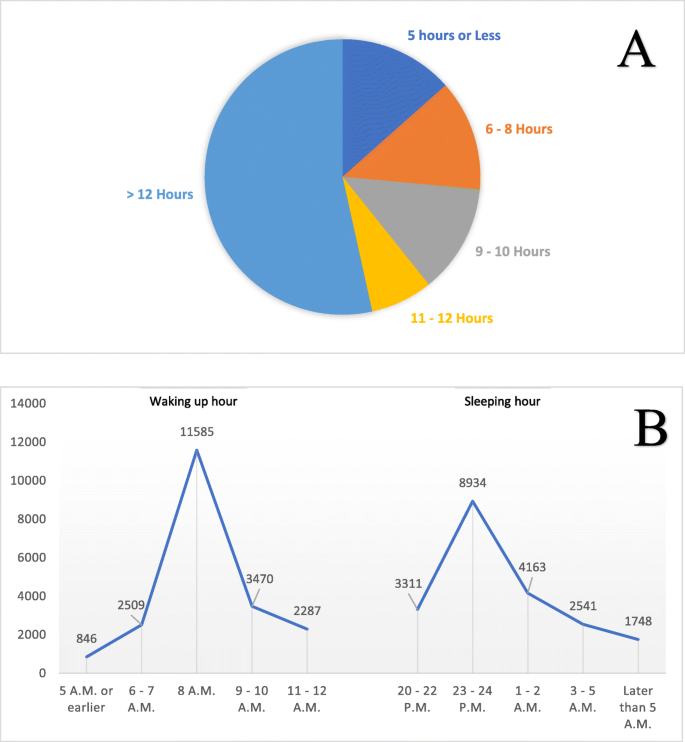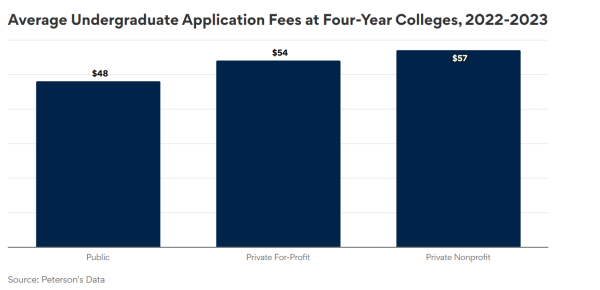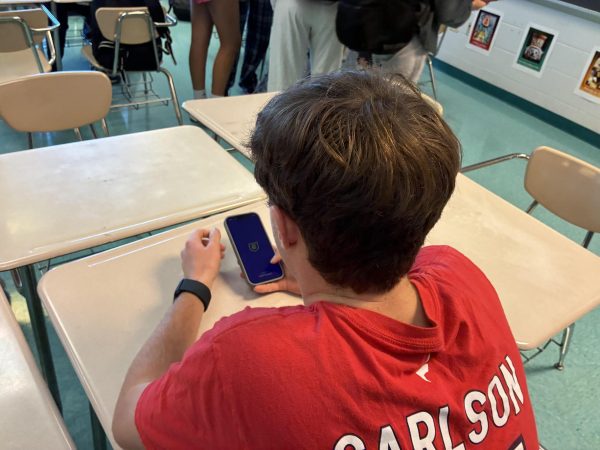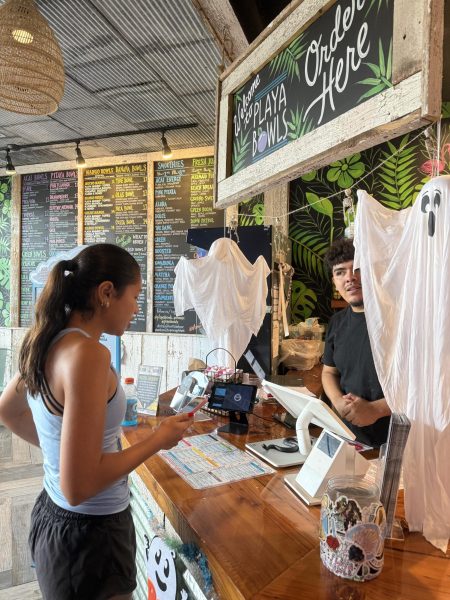What happened to students’ sleep schedules?
Infographics used with permission from Google Commons
These charts show how students’ sleep schedules have changed since quarantine began.
Since quarantine started, students and teachers have gotten themselves into different sleep schedules. According to the AJMC(American Journal of Managed Care),“Differentiating sleep habits among generations were reported, with generation Z (18-22 years old) and millenials (23-38 years old) going to bed later than any other generation after quarantine. This could have major implications for younger people, particularly adolescents as insomnia has been noted to be a prevalent issue in this age group.”
For the most part, students are going to bed later and waking up later, and people are wondering why. According to Cleveland Clinic, “Being stuck in our houses more can also cause complications in our sleeping patterns. Being at home more can disrupt the light-based cues for wakefulness. Sunlight and light exposure help keep our circadian rhythm on schedule.”
There are people that think these sleep schedules are horrible for students to get into but most don’t think it’s that bad. “The ‘natural experiment’ caused by the shutdown of schools due to the COVID-19 pandemic led to a 2-hr shift in the sleep of typically developing adolescents, longer sleep duration, improved sleep quality, and less daytime sleepiness compared to those experienced under the regular school-time schedule,” the NCBI website said.
However, others think that these sleep schedules are better for students. “The students also kept more regular sleep and wake times and experienced less ‘social jetlag,’ which is that groggy feeling that occurs when people stay up late and sleep later on the weekends and must resume an earlier schedule on Monday,” the Washington.edu website said.
Since students’ sleeping schedules have changed, they have been able to get work done faster. The Lesley website states that “With chaos all around, organizing your school work has helped students set a routine and create structure. Organize the spaces where you do your schoolwork. Keep a calendar and write everything in it, such as due dates and reminders.”
Students’ sleep schedules also have helped teachers this year. “I think that students who are well rested tend to be more alert and involved in class discussions,” Spanish teacher Matthew Salzman said.
Stress has also had a big impact on students’ sleep schedules. According to Health Line, “People have also had to deal with inconsistent schedules, homeschooling kids, work loss, financial impacts, and elevated screen time — all of which can contribute to sleep deprivation.”
There have been other problems with teens’ sleeping schedule.“Most teens don’t get enough sleep, usually because their schedules are overloaded or they spend too much time texting or chatting with friends until the wee hours of the morning,” the Kids Health website said.
Your donation will support the student journalists of Thomas S. Wootton High School. Your contribution will allow us to purchase equipment and cover our annual website hosting costs.
Ethan is a 2023 graduate.







![Editors-in-Chief Ahmed Ibrahim, Helen Manolis, Cameron Cowen, Alex Grainger, Emory Scofield, Hayley Gottesman, Rebekah Buchman and Marley Hoffman create the first print magazine of the year during the October press days. “Only a quarter of the schools in MCPS have programs that are like ours, a thriving, robust program. That makes me really sad. This is not just good for [the student journalists] to be doing this, it’s good for the entire community. What [student journalists] provide to the community is a faith in journalism and that continues for their lifetimes," Starr said.](https://woottoncommonsense.com/wp-content/uploads/2025/10/wmpoFTZkCPiVA3YXA4tnGoSsZ4KmnKYBIfr18p3l-450x600.jpg)